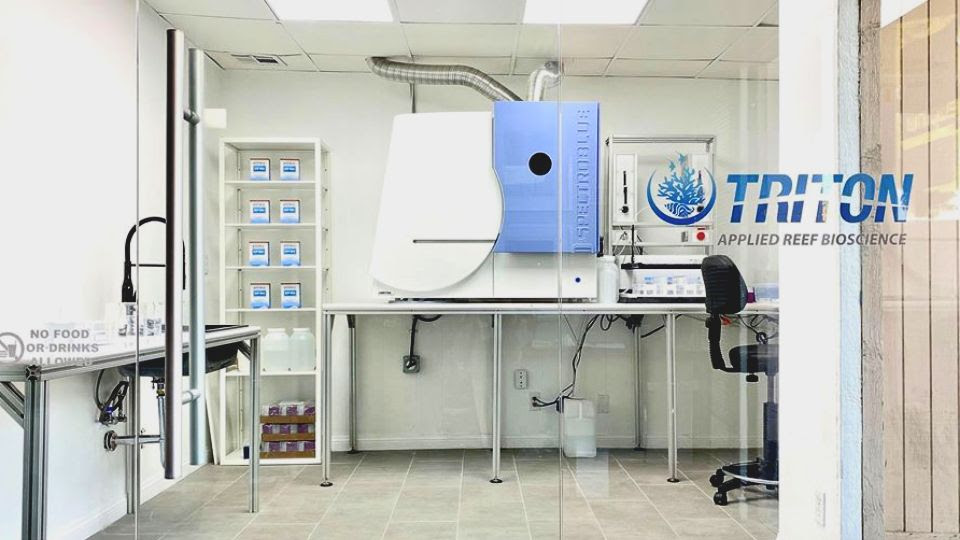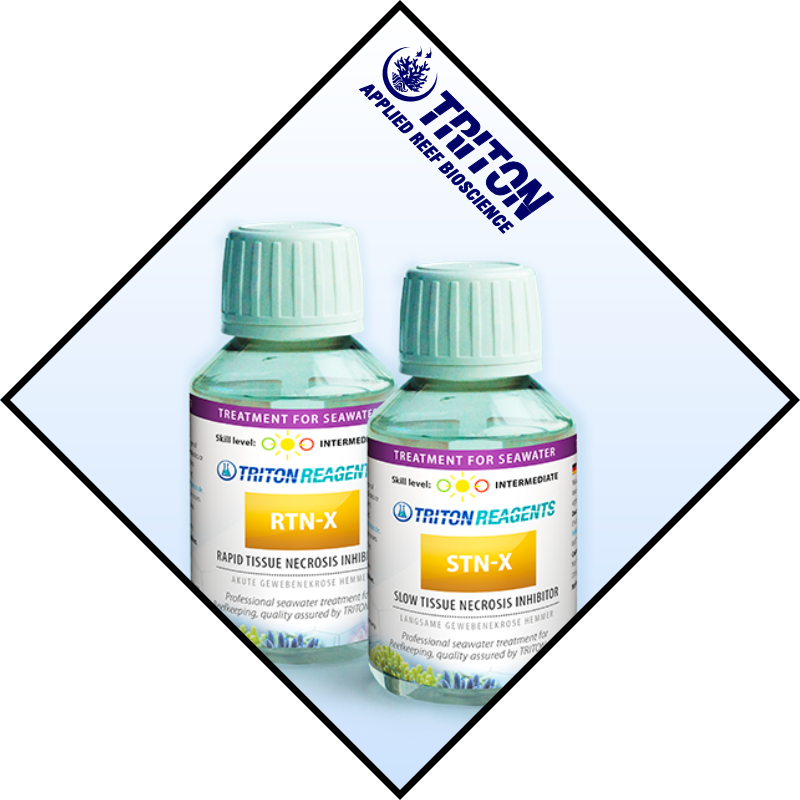- Messages
- 828
- Reaction score
- 24
So I’ve been dealing with a tank crash for probably 3 months now. It’s should have turned the corner but stuff just keeps randomly dying in patches here and there. Can a failed reeflo pump seal poison a tank?
I think my main crash started from lack of flow and a few dead fish. I only ever saw one skeleton but I think I lost 5+ smaller sized fish. I never noticed as there were 50+ in the tank and I had some CRAZY AWFUL irl stuff that lasted 5+ months. I also found a reactor that had come slightly unattached and probably turned septic until the pump stopped for any reason and released a poison cloud.
All that is rectified and parameters have been solid for a couple months and water changes and a couple tank cleanings have happened.
But I still get random patches of coral that die. Not the whole coral but spots followed by slow recession. System has 1,000 gallons of water and is pretty stable.
It looks like I painted a patch on a coral with kalk paste to kill it or something. Just last night I had two more patches of coral die.
There are no pests causing it, I’ve had enough of them over the years to spot it.
Here’s last nights damage. Hard to see but everything that’s white was colorful yesterday.
Also, many of my corals were coloring up nicely during the last month or so.

Look at the stripe between two green coral areas. That was green and fine yesterday.
Even my digitata is struggling which never happened before.
Here’s a couple bare patches on my blue Millie. Rest of the colony looks happy and healthy.

Okay, now for the nasty part. Here’s my disassembled reeflo pump that I just noticed leaking yesterday.


Still not convinced it’s the pump. I did check all my heaters and also removed a tunze pump that was seized up.
I think my main crash started from lack of flow and a few dead fish. I only ever saw one skeleton but I think I lost 5+ smaller sized fish. I never noticed as there were 50+ in the tank and I had some CRAZY AWFUL irl stuff that lasted 5+ months. I also found a reactor that had come slightly unattached and probably turned septic until the pump stopped for any reason and released a poison cloud.
All that is rectified and parameters have been solid for a couple months and water changes and a couple tank cleanings have happened.
But I still get random patches of coral that die. Not the whole coral but spots followed by slow recession. System has 1,000 gallons of water and is pretty stable.
It looks like I painted a patch on a coral with kalk paste to kill it or something. Just last night I had two more patches of coral die.
There are no pests causing it, I’ve had enough of them over the years to spot it.
Here’s last nights damage. Hard to see but everything that’s white was colorful yesterday.
Also, many of my corals were coloring up nicely during the last month or so.

Look at the stripe between two green coral areas. That was green and fine yesterday.
Even my digitata is struggling which never happened before.
Here’s a couple bare patches on my blue Millie. Rest of the colony looks happy and healthy.

Okay, now for the nasty part. Here’s my disassembled reeflo pump that I just noticed leaking yesterday.


Still not convinced it’s the pump. I did check all my heaters and also removed a tunze pump that was seized up.

















